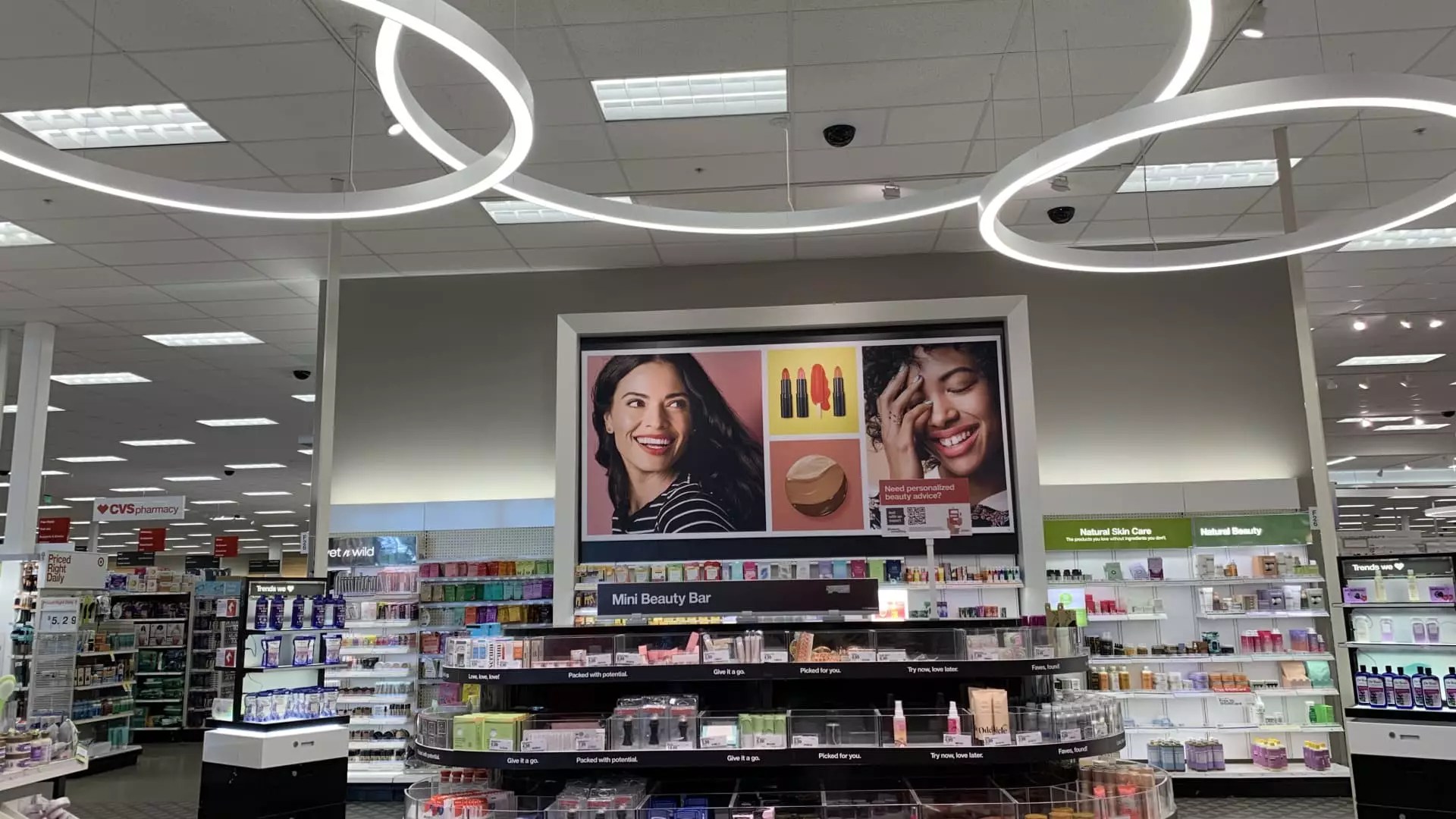The recent announcement that Target and Ulta Beauty are severing their partnership marks a pivotal moment in the retail landscape, exposing the vulnerabilities of relying on external brands to drive in-store traffic. For years, retailers have understood that strategic alliances—especially with recognized brands—can be a double-edged sword. While they offer an immediate boost in customer interest and sales, they also introduce dependencies that can backfire when the partnership falters. Target’s decision to end its Ulta Beauty shop-in-shop concept, occupying nearly a third of its stores, reveals a cautious shift away from such high-profile collaborations, likely driven by underlying operational challenges and the realization that these alliances are not foolproof growth engines.
The move underscores a broader concern about retail innovation and sustainability. Target, historically known for its affordable prices and curated product offerings, bet heavily on Ulta as an anchor for its beauty department—an area with significant growth potential. Yet, even with the marketing hype and high-profile endorsements, the partnership failed to deliver sustained results. The partnership’s expiration in 2026 suggests the strategic vision needs a re-calibration. It becomes clear that physical retail’s competitive advantage—creating a seamless, engaging shopping experience—cannot rely solely on brand partnerships. These alliances, although initially promising, often become stale or over-reliant on external branding that doesn’t always translate into loyal customer bases.
Operational Hurdles and Market Realities Facing Target
One cannot ignore the operational realities that contributed to the demise of the partnership. Retail experts suggest that Target’s internal struggles—inventory management, staffing issues, and rising retail theft—have created a tense environment where maintaining complex shop-in-shop arrangements becomes increasingly unwieldy. These foundational issues threaten to undermine even the most promising collaborations. In this light, the Ulta partnership can be seen less as a failed strategy and more as symptomatic of deeper systemic challenges facing Target.
Moreover, the competitive landscape has shifted dramatically. Consumer expectations now demand not just price competitiveness but also experiential shopping tailored to their evolving needs. Target’s predicament reflects its struggle to innovate internally while competing against both online giants and more nimble, boutique-style offerings. The limited assortment of Ulta products and reliance on Target’s staff to staff beauty counters likely failed to generate the excitement or loyalty that standalone Ulta stores once commanded. These “shop-in-shops” appeared as a band-aid solution rather than a transformative growth driver.
What the Future Holds: A Shift Toward Core Competencies?
With the partnership’s end, Target faces a crucial crossroads: should it double down on core competencies, or continue experimenting with high-profile collaborations? It’s tempting to see this as a setback, but in reality, it might be a blessing in disguise. Retreating from overextended partnerships can allow Target to refocus on what it does best—offering affordable, on-trend products in a well-organized shopping environment.
The departure of CEO Brian Cornell signals a potential shift in strategic priorities. His tenure, marked by bold moves like expanding beauty collaborations, now faces scrutiny. His departure—anticipated soon—may be the catalyst for a reevaluation of Target’s reliance on external brands. Instead of piecing together high-cost, high-maintenance partnerships, Target’s next leadership could focus on strengthening its private-label brands, enhancing customer service, and improving operational efficiency. These are the areas that can restore consumer trust and investor confidence once the fiery allure of trend-driven collaborations fades.
In the end, this breakup may serve as a wake-up call for Target and similar retailers. In an era increasingly dominated by online shopping and personalized experiences, standalone stores that invest in their own branding and operational excellence will ultimately prevail. The natural gravitation towards authentic relationships—built on real value rather than superficial partnerships—is likely to define the future of retail. For Target, shedding the Ulta partnership might just be the necessary step to rediscover its true competitive edge: a clear focus on core strengths, operational resilience, and strategic innovation rooted in customer loyalty rather than fleeting brand collaborations.

